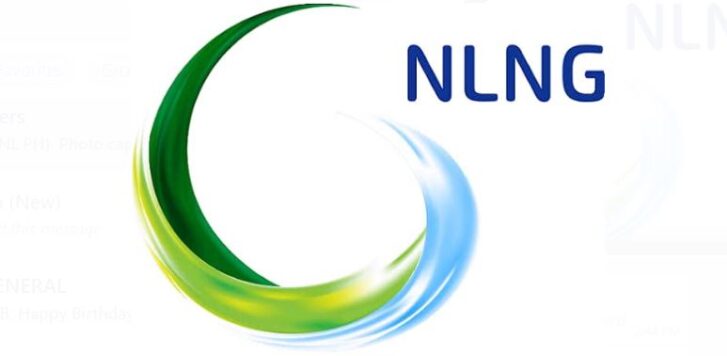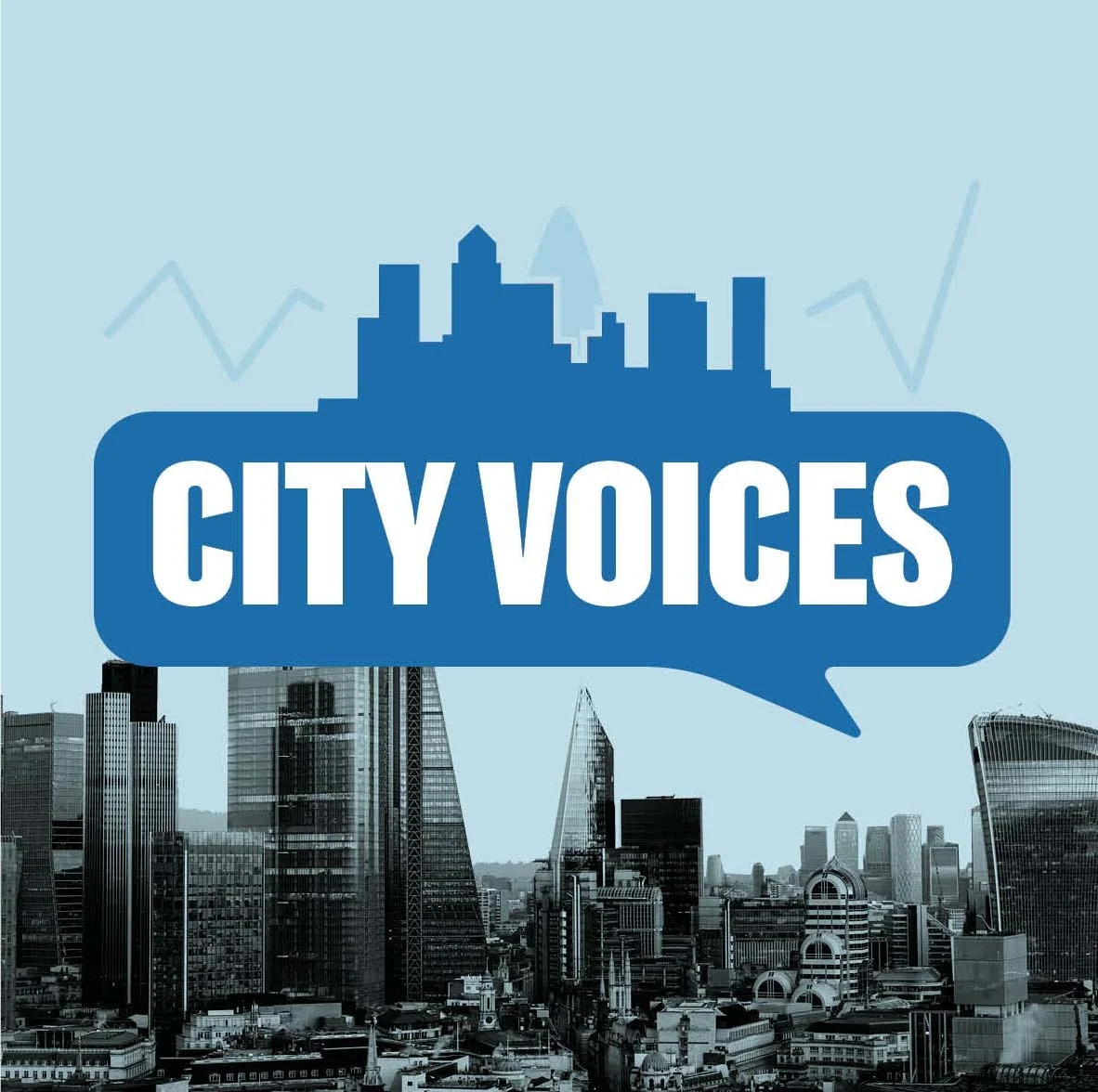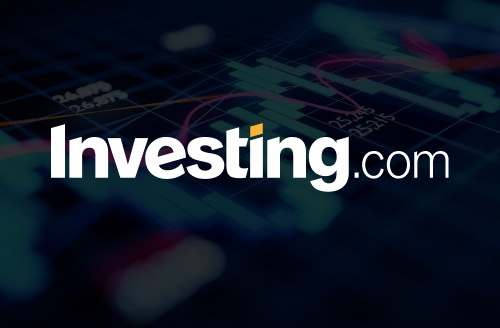
September 17 – During Ursula von der Leyen’s State of the Union speech she urged Europe to “stay the course” on its environmental goals.
She reminded Members of the European Parliament that the Green Deal is not just climate policy but industrial strategy; that Europe is a global leader in clean-tech patents, is closing the gap with the U.S. in venture capital, and is competing head-to-head with China. Her point was simple: Europe’s competitiveness and independence rest on its ability to lead the clean-tech race.
That message matters now because the next test of Europe’s resolve is the 2040 climate target. The Commission has proposed a 90% cut in greenhouse gas emissions from 1990 levels by 2040, the necessary step to stay on course for net zero by 2050. But a decision on the target has been postponed.
After a lengthy clash among diplomats, France and Germany joined with Italy, Poland and a wider group of member states to push the discussion out of the upcoming environment ministers’ meeting and into a heads of state meeting in October.
France and Germany argue the 2040 decision should be taken at leader level to ensure economic safeguards for energy-intensive industries. But by delaying, they risk aligning with governments less interested in ambition than in weakening the target outright.
The timing is critical because the 2040 target underpins the EU’s next nationally determined contribution under the Paris Agreement. COP30 host Brazil has urged all countries to bring updated climate plans to Climate Week New York in September.
Without a clear 2040 anchor, the Nationally Determined Contribution (NDC) risks being weaker, eroding the EU’s credibility internationally. Pushing the decision to October also risks wider horse-trading between capitals.
Left without 2040 on the agenda, environment ministers will likely set out a provisional emissions cut range for the 2035 NDC target of 66-72.5%. The final number will be decided later, but the absence of a clear 2040 target risks sending an uncertain signal at a moment when many nations are looking to Europe for leadership.
And so are leading European businesses. Ten years after the Paris Agreement was signed, companies large and small, and from across sectors, are calling for the EU to hold the line on a 90% emissions cut.
Long-term clarity can unlock investment, protect competitiveness and create jobs, while delay means investors hold back, slowing the build-out of the clean industries Europe needs.
Earlier this year, more than 150 European businesses and investors managing 65 trillion euros in assets – and representing more than 2 million employees – signed a letter urging the EU to adopt a 2040 target of at least 90%. From Allianz and Unilever to Iberdrola, IKEA and Schneider Electric, their message is clear: only a strong, science-based target will give them the confidence to plan, invest and innovate.
In France, more than 150 CEOs, including those of EDF, ENGIE, Veolia and Orange, warned in their declaration “N’ayons pas peur!” (“Let’s not be afraid!”) that weakening the goal would erode sovereignty and undermine investment.
Nordic utilities such as Vattenfall and Fortum, Spanish companies through the Grupo Espanol de Crecimiento Verde, and global investors via the U.N.-backed Principles for Responsible Investment (representing $120 trillion in assets) have all made the same case: ambition is not a burden on competitiveness but the foundation of it.
These calls are grounded in hard economics. Renewables are now the lowest-cost source of power in most parts of the world. Growth in wind and solar between 2019 and 2024 cut EU fossil fuel import bills for power generation by 59 billion euros.
Meanwhile, climate change is already a business reality, disrupting supply chains and making key commodities scarce.
In a recent report by the World Business Council for Sustainable Development, 94% of global business leaders said government policies supporting the energy transition are critical factors when deciding where to invest.
Delay in Europe would mean ceding markets, supply chains, talent and technological leadership to others. China’s dominance in solar and EVs is the result of early policy consistency and state support. Policy shifts mean that the U.S. is no longer as attractive as it was for low-carbon investment, yet it still offers industry billions in incentives through the Inflation Reduction Act.
The Commission has put the right figure on the table. As French business leaders put it: “Let’s not be afraid of change or ambition. The time has come to invent a new way to project our economy into the future. We can do it, and we owe it to the next generations.”
Opinions expressed are those of the author. They do not reflect the views of Reuters News, which, under the Trust Principles, is committed to integrity, independence, and freedom from bias. Ethical Corporation Magazine, a part of Reuters Professional, is owned by Thomson Reuters and operates independently of Reuters News.
María Mendiluce is CEO of the We Mean Business Coalition, which brings together seven leading non-profit organizations in sustainability. She has 25 years of experience in corporate climate action and sits on the executive board of the Science Based Targets initiative. María took an active role in the founding of the Mission Possible Partnership, a multi-sector decarbonization initiative, and co-founded the SME Climate Hub, an SME-focused net-zero initiative.



